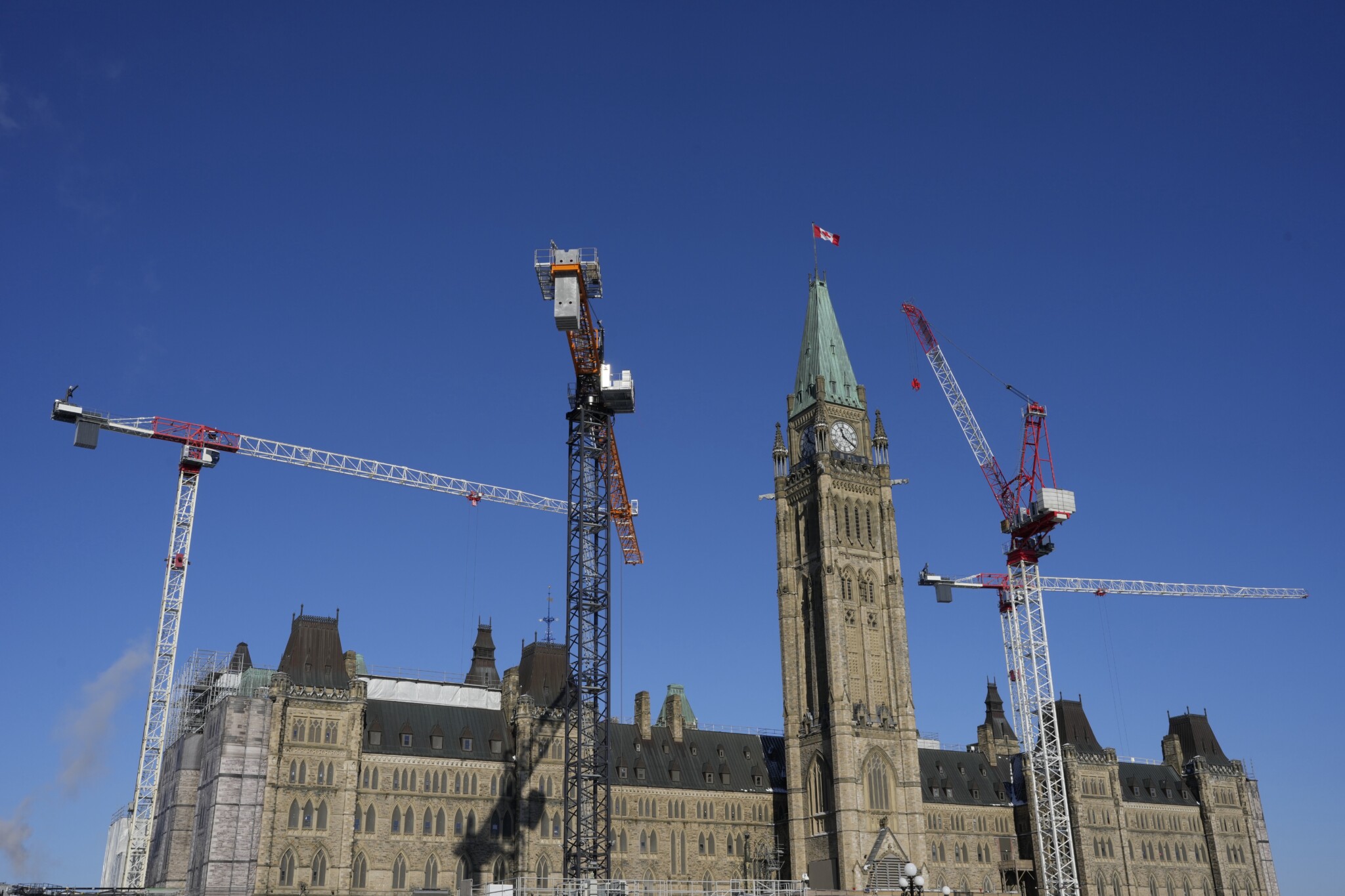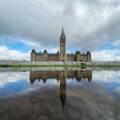Every country clings to its myths. The Americans have their revolution, the French their republics, the British their island stoicism. Canadians, according to our intellectual class, have something nobler: “peace, order, and good government.” It is repeated as though it were a founding creed, though it reads more like a library policy manual.
Over the last half-century, a line of thinkers—George Grant, Charles Taylor, John Ralston Saul, Michael Ignatieff, even Pierre Trudeau in his political prime—have spun variations on this theme. Each tried to elevate Canadian consensus into something grander than it was. Some called it Tory traditionalism, others pluralist recognition, others a “Métis consensus.” All offered a unifying story of Canada as uniquely civilized, tolerant, and moderate.
The trouble is that this intellectual DNA isn’t just mythic. It’s selective amnesia that manifests itself in four ways.
1. Elitist self-congratulation
These myths cast Ottawa-centric governance as uniquely noble, ignoring the fact that the Prairies were settled not by Laurentian salons but by waves of immigrants—especially Eastern Europeans and Scandinavians—hacking farms out of unforgiving soil. Consensus was not gifted from Ottawa; it was hammered out in prairie municipalities, co-operatives, and churches, far from the capital’s reach.
2. Sanitized conflict
We are told that Canada was built on compromise as though it were a virtue in itself. In reality, compromise was a necessity. When necessity disappeared, coercion was used instead. Manitoba entered Confederation with guarantees of bilingual education, only to see them gutted by the Manitoba Schools Act in 1890. Indigenous nations signed treaties framed as mutual agreements, only to see them broken or reinterpreted unilaterally by Ottawa. During both world wars, conscription was presented as a national duty, but in Québec, it felt like brute coercion dressed up as unity. To call these moments “consensus” is like calling a shotgun wedding a love match.
3. Moral vanity
Our myth-makers cast us as more humane than Americans or Europeans. Yet Canadians have shown themselves capable of both great and terrible deeds. On foreign battlefields, from Vimy Ridge to Normandy, our soldiers earned admiration—and at times fear—for effectiveness and ferocity.
But the same military produced the Somalia Affair, where brutality and abuse stained the uniform. At home, Canadians created Medicare—a model of social solidarity—yet also ran residential schools that tore families apart. We pioneered UN peacekeeping, but also presided over Oka and Ipperwash, where Indigenous protesters faced rifles.
The truth is not that we are uniquely moral or amoral, but that we are no different from anyone else: capable of principle, cruelty, and everything in between. To pretend otherwise is hubris disguised as humility. It is this habit that many foreigners notice as a Canadian quirk; a kind of national passive-aggressiveness, where outward politeness masks a quiet conviction of moral superiority. In politics, as on the ice, our elbows are never down in the corners.

Spectators take in Canada Day celebrations at LeBreton Flats in Ottawa, on Tuesday, July 1, 2025. Spencer Colby/The Canadian Press.
4. Blind spots
These myths airbrush away the harder realities of Canadian history. Indigenous dispossession is framed as “peaceful settlement,” even though treaties were often broken or ignored, and whole communities uprooted through the reserve system and residential schools. Regional estrangement is treated as mere “grumbling,” yet the National Energy Program of the 1980s nearly split Alberta from the federation—and today, emissions caps and West Coast tanker bans are seen in the West as the same Laurentian instinct dressed up in modern policy. Class divides are smoothed over by celebrating the welfare state, while ignoring the industrial collapse that hollowed out towns from Cape Breton to Windsor. “Consensus” reads very differently if you are living with the consequences of these fractures.
What emerges is less a national virtue than a national habit: muddling through. Confederation was improvised to keep the Americans out. Bilingualism was a grudging bargain to hold Québec in Confederation. Medicare was stitched together in response to prairie populism. Equalization payments were another patch added later.
Canada survives not because of a single consensus, but because of successive patchworks—provisional fixes layered on top of one another. It is duct-tape politics: unglamorous, temporary, and never quite satisfying—but it has kept the lights on. This may not sound heroic. But perhaps that is the point. To insist on myths of noble consensus is to invite disillusion, because the Canada of today bears little resemblance to those fictions. To admit instead that our strength has always been pragmatic patchworks—not sexy, but they work for now—is to tell a story that ordinary Canadians can recognize.
Humility, not hubris, should be our creed. The horse-trading, the duct tape, the messy patchworks: that is the Canada that has endured. And it may be the only Canada that can endure still.











Comments (1)
Yes, it is our humility that makes us great!